We are delighted to present the distinguished lineup of invited speakers for the 2025 UCT Teaching & Learning Conference (TLC2025).
These leading academics and practitioners represent a spectrum of expertise across teaching, learning, student success and critical data methods. Their contributions will help bring our theme, Shaping the Future of Education: Data‑driven Strategies for Equity and Success, to life, offering fresh insights, rigorous research, and thought‑provoking practice from across the higher education landscape.
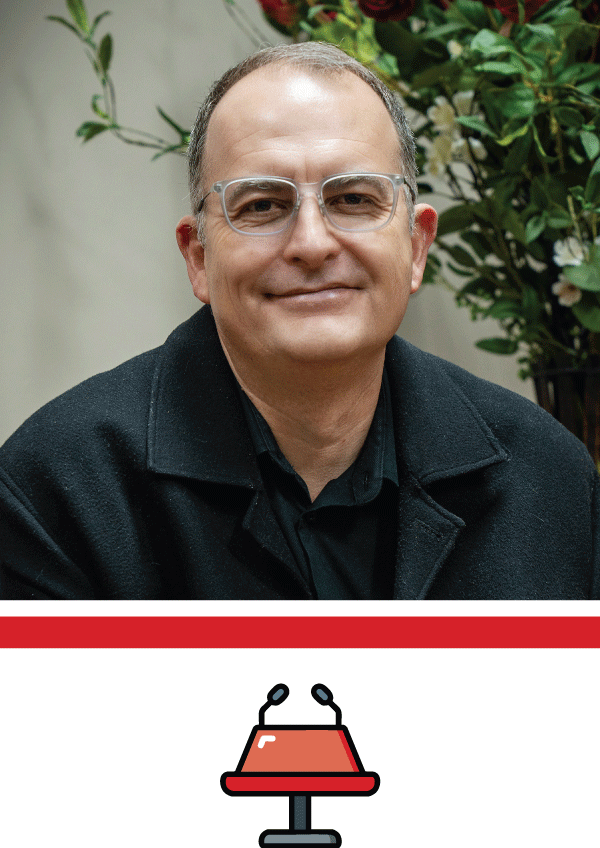
Keynote Speaker | Professor Francois StrydomProf Francois Strydom is the Senior Director of the Centre for Teaching and Learning (CTL) at the University of the Free State. He has dedicated his career to promoting quality, equity, and student success in higher education through evidence-based innovation. Prof Strydom’s keynote address titled “Data for What? Reimagining Engagement, Learning, and Success in South African Higher Education”, explores how higher education institutions can leverage data to enhance teaching quality, improve student success, and advance social justice. Drawing on the University of the Free State’s transformation journey, Prof Strydom will share how evidence and data have been used to build an equitable, student-centred learning environment. Central to this work is a holistic, collaborative framework that integrates teaching, learning, and staff empowerment. Through practical examples, he will illustrate how data-informed design can drive meaningful educational change, while highlighting the ethical and reflective principles needed for future-focused practice in higher education. Prof Strydom has led the South African Surveys of Student Engagement (SASSE) since 2007, a project used by 20 public higher education institutions across Southern Africa. He has managed grants from international and national donors including the Kresge Foundation, the Michael and Susan Dell Foundation, the Department of Higher Education, Universities South Africa, and the Council on Higher Education. His professional and research interests include student engagement, success and equity, capacity development, quality learning and teaching, and evidence-based change in higher education and employability.
|
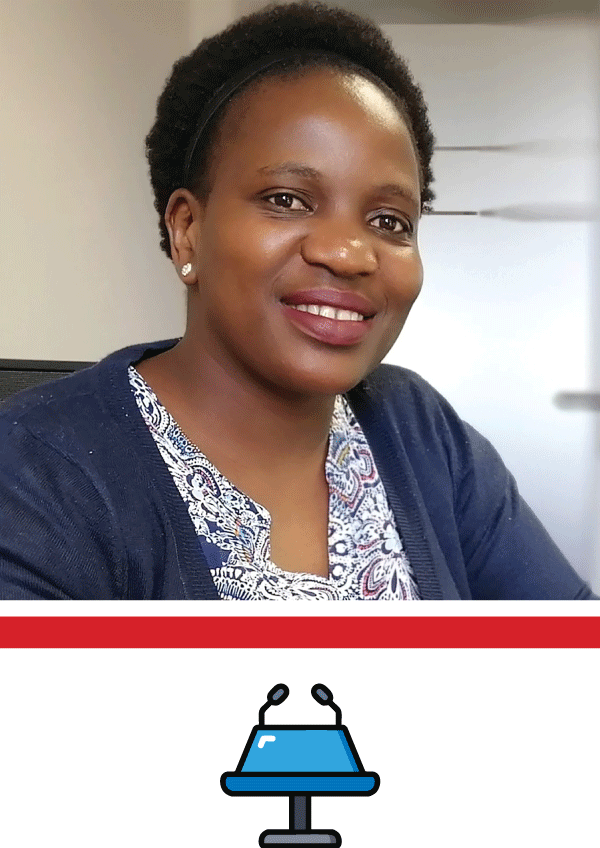
Speaker | Elizabeth BooiElizabeth Booi is a Statistician and Business Intelligence Specialist with over 20 years of experience. She is the Head of Business Intelligence and Data Architect in the Rectorate – Institutional Planning Department at the University of the Western Cape. Elizabeth is the President of the Southern African Association for Institutional Research (SAAIR), and a Steering Committee member of the African Network for Learning Analytics Research (ANLAR). She is also a Siyaphumelela “We Succeed” Coach, part of a South African Student Success National Initiative, where she supports universities in developing evidence-based student support strategies. Her areas of expertise include learning analytics, student success modelling, data governance, and ethical data use. A dedicated advocate for data literacy and capacity development, Elizabeth facilitates workshops, presents at conferences, and mentors analysts and practitioners in leveraging analytics for organisational effectiveness. She is pursuing a PhD in Operations Research, with a focus on AI Safety and Governance in Learning Analytics. Her research aims to develop an AI-based governance framework for student success models, integrating fairness, interpretability, and bias mitigation techniques to ensure the responsible and ethical deployment of AI in higher education.
|
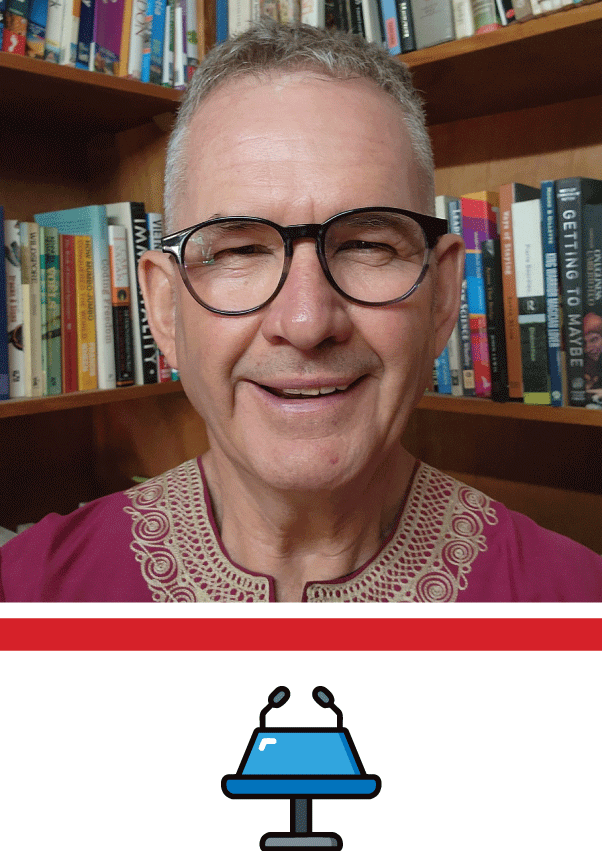
Speaker | Professor Paul PrinslooPaul Prinsloo is Professor Extraordinaire at the University of South Africa (Unisa). He is a also a visiting professor at the National Open University of Nigeria (NOUN), a member of the Center for Open Education Research at the Carl von Ossietzky University of Oldenburg (Germany), an elected member of the Fellows' Council and Senior Fellow of the European Distance and E-Learning Network (EDEN), a member of the the International Advisory Board (IAB) at the Open University Malaysia (OUM) and a Global Fellow at the Centre For Digital Education Futures (CENDEF) at OUM. He has published numerous articles in the fields of teaching and learning, student success in distributed learning contexts, the ethical collection, analysis, and use of student data in learning analytics, algorithmic decision-making systems in education and digital identities. Paul was born curious and in trouble. And nothing has changed since then.
|
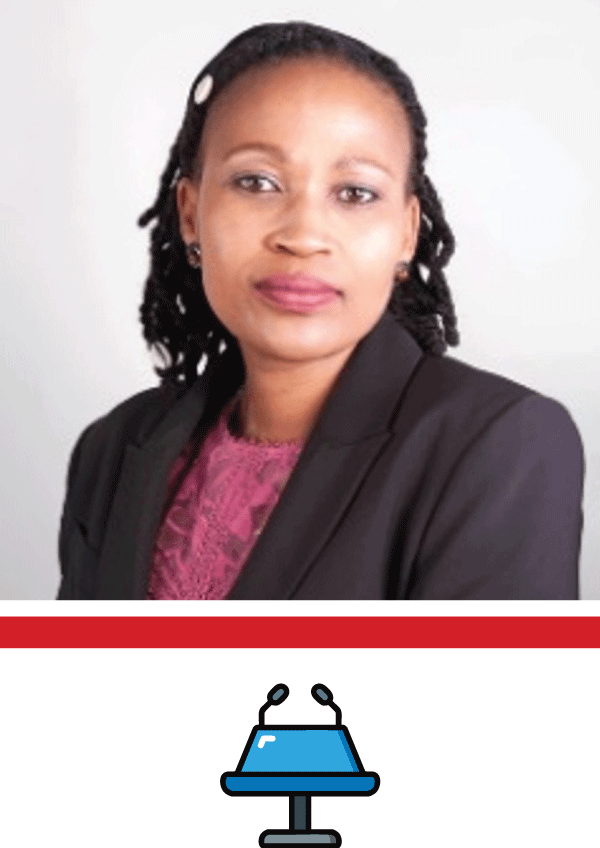
Speaker | Nompumelelo MazibukoNompumelelo Mazibuko, Evaluation Officer at the University of Witwatersrand, brings extensive experience in higher education, particularly in managing the Explorance system for student learning evaluations. With qualifications including a Bcom Honours and an MBA, Mpumi delivers insightful presentations on curriculum, teaching strategies, and evaluation practices at both national and international forums. Her passion lies in advancing educational methodologies that empower student achievement, and she is eager to explore global trends to further enhance her contributions in the field.
|
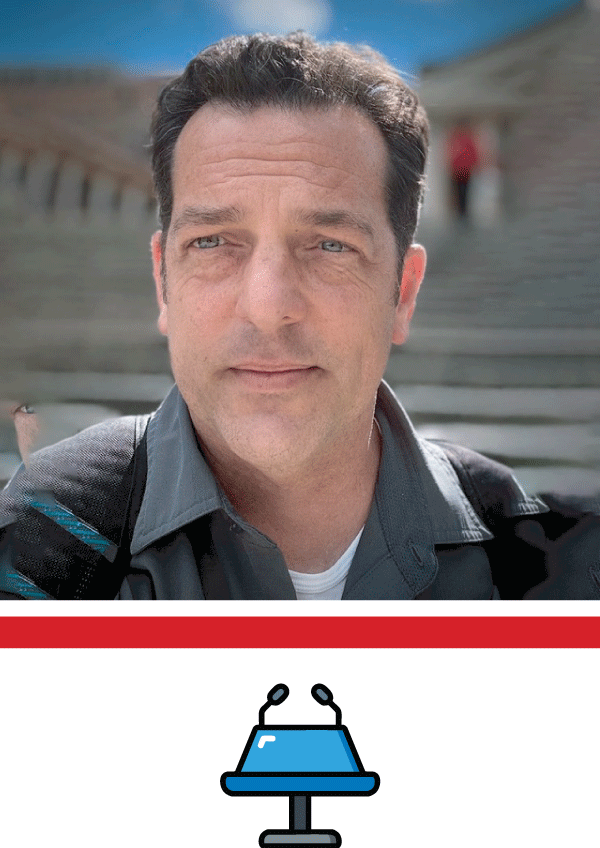
Speaker | Robert McLaughlinRobert McLaughlin is anthropologist and attorney. His longstanding work in the fields of public health, cancer reporting and disease surveillance includes reporting facility compliance, facilitation of data dissemination procedures, research administration including human subjects protection, and integration of operations across central cancer registries. Between 2013 and 2016 Dr. McLaughlin served as Manager of the Office of Research Integrity at the University of Cape Town, the first office of its type at a university in South Africa. Prior to living and working in South Africa, Dr. McLaughlin was affiliated with the Medical Anthropology Program at the University of California Berkeley, served on the Scientific Review Committee of the Stanford University Cancer Institute, and contributed open peer commentaries to the American Journal of Bioethics. He received both his JD and PhD (anthropology) from the University of Chicago and, since 1998, has been a member of the Bar of New York State and the Bar of the District of Columbia. |
